Message received:
Philadelphia, May 26, 2019)—Culminating The Philadelphia Orchestra’s 2019 Tour of China, officials from The Philadelphia Orchestra, ShanghaiTech University, and the Shanghai Philharmonic Orchestra today signed a three-year agreement, formalizing a new strategic partnership that will enable meaningful people-to-people exchange through collaborative residency work. Through 2022, the Orchestra will send musicians annually to ShanghaiTech University for residency activities with musicians of the Shanghai Philharmonic Orchestra, including side-by-side rehearsals and concerts, coaching sessions, master classes, and more, which will be open to ShanghaiTech faculty, staff, and students. Members of The Philadelphia Orchestra will also participate in student music activities on campus to enhance students’ musical cultivation and arts education. This strategic partnership enhances an existing partnership between The Philadelphia Orchestra and the Shanghai Media Group Performing Arts Division, which operates the Shanghai Philharmonic Orchestra.
“Music Director Yannick Nézet-Séguin and the musicians of The Philadelphia Orchestra are devoted to sharing the power of music as widely as possible and to nurturing the next generation of musicians,” said Philadelphia Orchestra President and CEO Matías Tarnopolsky. “We are delighted to partner with two important institutions that share these goals as we continue a meaningful model of exchange through music. Over the next three years, we look forward to exploring new ways to deepen our connections to China through this powerful collaboration.”
“At ShanghaiTech, we believe it’s not just enough to nurture students’ academic potential in scientific research, we also have to nurture their creativity and cultural understanding,” said ShanghaiTech Vice President and Provost Professor Yin Jie. “This partnership with The Philadelphia Orchestra and the Shanghai Philharmonic Orchestra is a unique chance for students and faculty to gain access to world-class musical performances on campus and to engage in musical activities. We hope the integration of music and science and technology will inspire our community and create opportunities for innovation and creativity.”
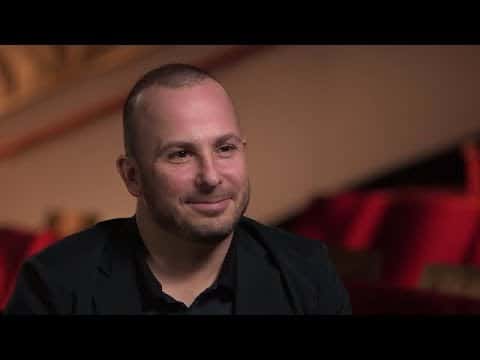
Ex-students have reported the death of the much-loved Alice Schoenfeld, who donated $10-million gift to the USC Thornton School of Music is in memory of her cellist sister Eleonore Schoenfeld. She also founded a strings competition in Harbin, China.
Alice, an accomplished violinist, studied in Berlin with a Joachim pupil and made her Berlin Philharmonic debut aged 10.
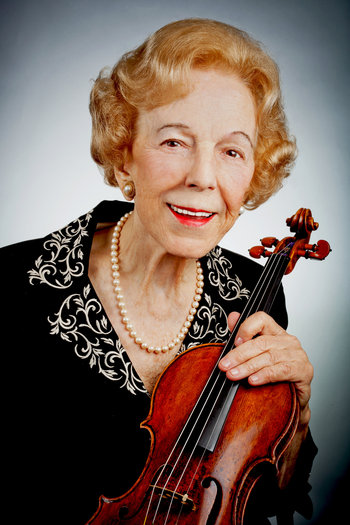
Christopher Dragon, formerly assistant conductor of the West Australian Symphony Orchestra in Perth, is the new music director of the Wyoming Symphony.
He starts in September.
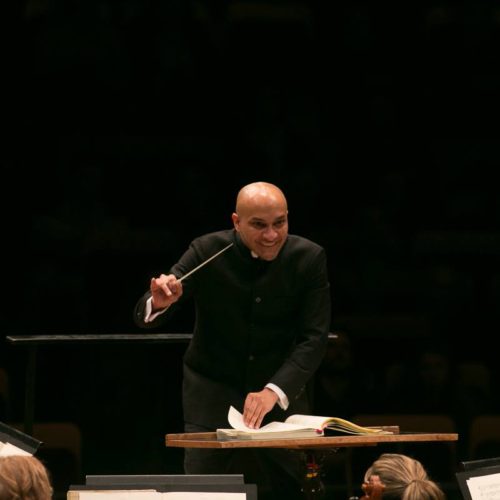
When the lights went out in Bloomington, Indiana, the conductor thought fast to save the show.
“I didn’t even think twice,” said conductor Alejandro G. Guillén. “I was really worried about the audience waiting. We didn’t know how long it was going to take to fix the power, and people might have to go home. The air conditioner was off. It was dark in there, and people might have felt unsafe in the dark.”…. Guillen said it made him think of how the piece might have been originally performed in Mozart’s time: by candlelight.
“And here we were with cellphones,” he said…
Read on here.
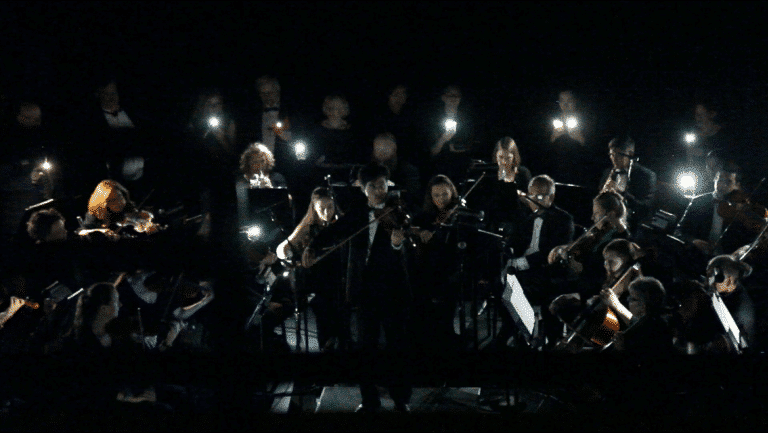
photo: Chris Kabrick
The American Federation of Musicians and Employers’ Pension Fund informed participants on Friday that the Fund is entering “critical and declining” status. This means that the Fund is projected to run out of money to pay benefits (or become “insolvent”) within 20 years.
Because the Fund is entering critical and declining status, the Trustees are now able to, and now intend to, apply to the government to reduce earned benefits under the Multiemployer Pension Reform Act in order to prevent the Fund from becoming insolvent.
More information here.

Last update here.
The consequences for thousands of musicians are alarming.
Gramophone magazine has published the first interview with Mirga Gražinytė-Tyla by someone who actually knows her, has worked with her Bimingham orchestra and seen most of her concerts there. Richard Bratby brings out a portrait of an extremely hard-working, self-confident conductor with her feet planted firmly on the ground.
‘Repertoire-wise, at least, my hope is that we will be able to record some very special – maybe unknown – things. When I think about recording, I feel a sense of responsibility about the fact that what we do stays there forever. Maybe one day I can dream about recording Mahler, but right now I have a feeling that we already have so much of that sort of thing. There’s much less … let’s call it “need” for another Beethoven cycle, than there is for the discovery of Weinberg’s music….
‘Weinberg’s work is incredibly diverse. There are examples of the happiest music ever, and the most serious music conceivable. His skills as a composer are incredible: all the pieces I have studied and worked on so far have been incredibly challenging both for the players and for the conductor. Analysing a Weinberg score is a fantastic occupation because he uses every possible technique to connect and develop his themes. These techniques are never just used for the sake of it, but are always very much connected to a certain message he wants to convey.’
Full interview here.
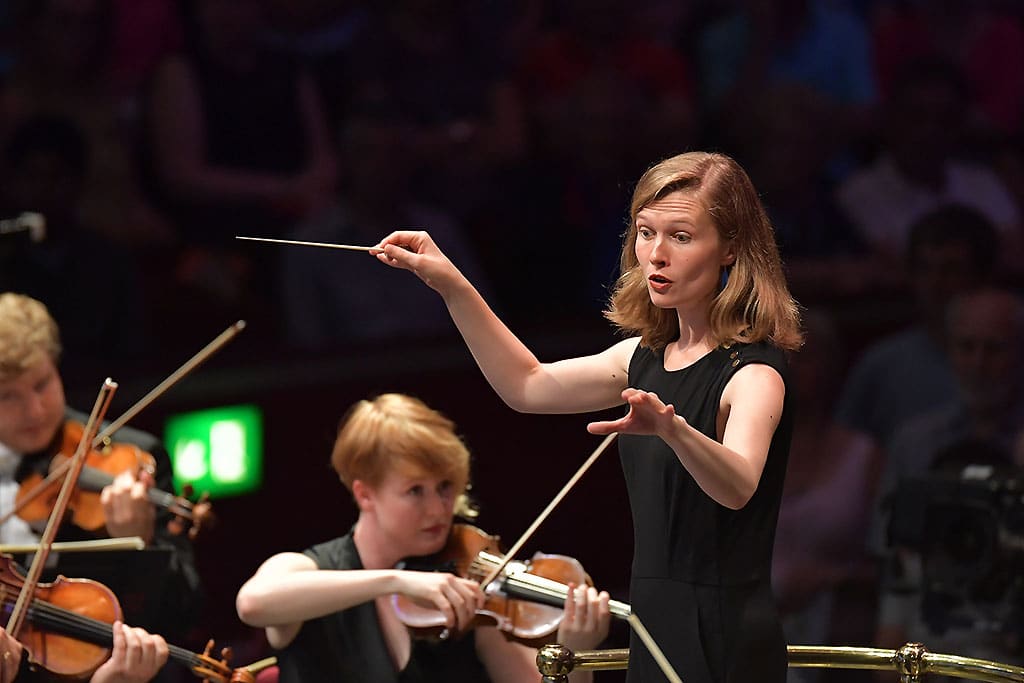
Rathaus, next?
I’ll suggest Goldschmidt when I see her.
Name 5 more composers who require her urgent attention.
The Brussels competition was won early this morning by Stella Chen, 26, a pupil of Itzhak Perlman and Miriam Fried who studied psychology at Harvard. She takes home 25,000 Euros and gets to play the Huggins Strad for the next four years.
Second prize and 20k went to Timothy Chooi , 25, of Canada.
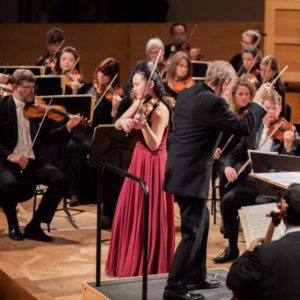
Third: Stephen Kim (USA, 23)
Fourth: Shannon Lee (Canada – USA, 26)
Fifth: Júlia Pusker (Hungary, 27)
Sixth: Ioana Cristina Goicea (Romania – Germany, 26)
The audience prize went to Sylvia Huang, a violinist in the Cincertgebouw Orchestra and the only Belgian finalist.







